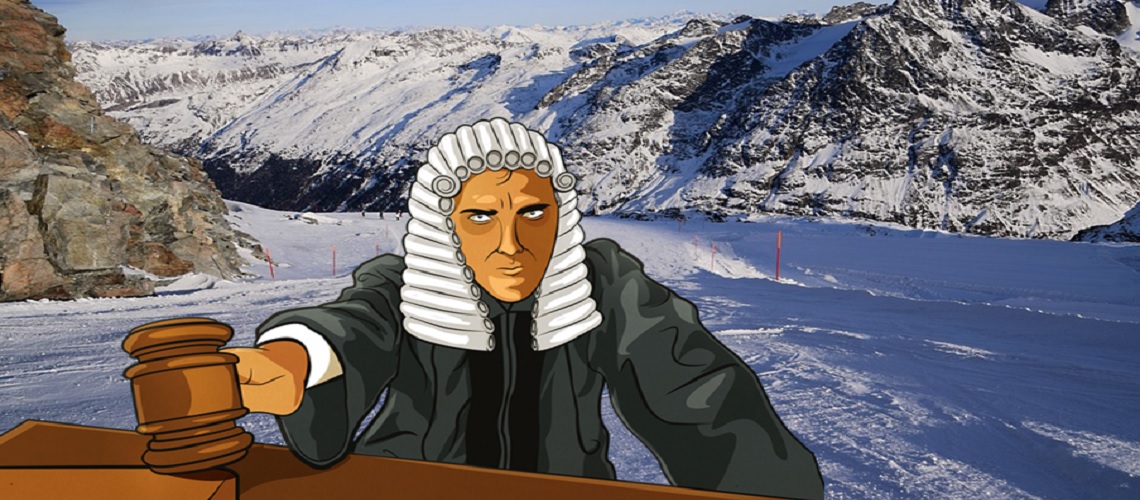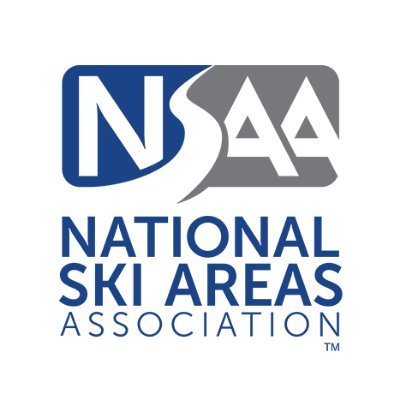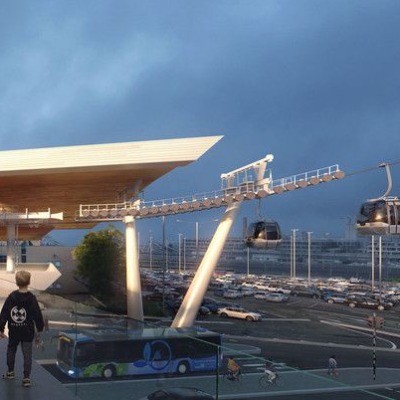Landmark Decision: Colorado Supreme Court Limits Ski Resort Liability Protections

In a landmark decision with far-reaching implications for the ski industry, the Colorado Supreme Court ruled in favor of Annie Miller, the teenager who was paralyzed after falling from a chairlift at Crested Butte Mountain Resort in 2022. The judgement can be found here
The majority judgement reasoned that “a party cannot discharge its obligation to perform a statutory duty by way of an exculpatory agreement. ...Specifically, under section 13-22-107(4), parents cannot waive a child’s prospective claim for “a willful and wanton act or omission, a reckless act or omission, or a grossly negligent act or omission.”
The case is not over, this judgement simply allows the case to be heard in a lower Court. Previously the lower Courts had taken the view that the various measures in the Colorado Ski Safety Act prevented the case from behing heard.
The 16-year-old Miller fell from the Paradise Express chairlift when she was unable to properly load the moving seat. Her family sued the resort's owner, Vail Resorts, arguing that lift operators failed to stop the chair despite witnessing her struggle. The lawsuit challenged the validity of the Colorado Ski Safety Act, which has historically shielded ski resorts from liability in many accident cases.
The Court's decision hinges on the interpretation of the act's requirement for resorts to uphold "the highest standard of care" for lift operations. The justices ruled that liability waivers signed by skiers cannot absolve resorts of responsibility for negligence.
In a 5-2 decision “After determining that that claim states a viable negligence per se claim,” the justices wrote in the ruling, “we further conclude, as a matter of first impression, that Crested Butte may not absolve itself, by way of private release agreements, of liability for violations of the statutory and regulatory duties on which Miller’s negligence per se claim is based. Accordingly, we conclude that the district court erred in dismissing that claim (we, however, express no opinion on the ultimate merits of the claim).”
“This was a big victory for ski safety in Colorado,” said Bruce Braley, who represented the Millers. “It says unequivocally that ski areas cannot force skiers and snowboarders to sign away their rights to protection under the statutes and regulations that govern the ski industry in Colorado.”
“It’s a sea change, in terms of ski areas’ responsibilities and consumers’ ability to be protected from ski areas’ negligence,” said Evan Banker, a personal injury attorney at Denver firm Chalat Hatten & Banker. “
“For many, many years… everyone sort of agreed that when you sign that waiver you are waiving claims of negligence, but you can always still make claims if the ski area fails to do the things it is required to by law, like maintaining the lift properly,” Banker added.
The ruling is expected to trigger a wave of similar lawsuits and potentially lead to increased safety measures at ski resorts across the state. Vail Resorts, however, expressed disappointment with the decision.
"We are reviewing the court's opinion and will evaluate all options," said a spokesperson for the company. "Safety remains our top priority, and we will continue to provide a safe and enjoyable experience for our guests."
Adrienne Saia Isaac, a spokeswoman for the National Ski Areas Association said it is “too early to tell how the ruling will affect the Colorado ski industry.”
The impact of this decision extends beyond Colorado. Ski resorts nationwide rely on liability waivers and similar protections. This case sets a precedent that could influence future legislation and litigation within the ski industry.













